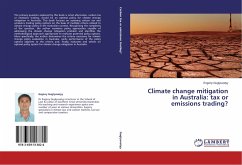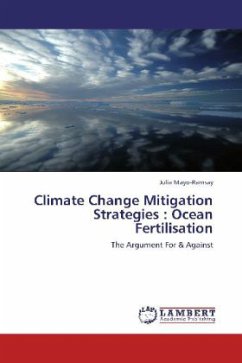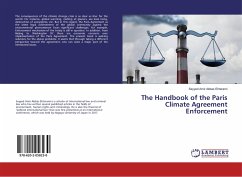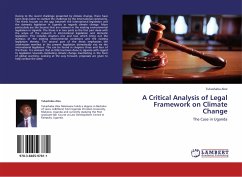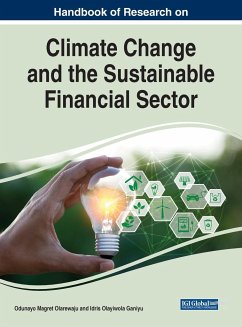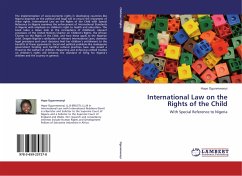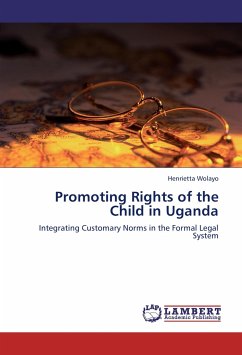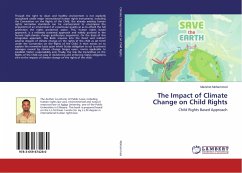
The Impact of Climate Change on Child Rights
Child Rights Based Approach
Versandkostenfrei!
Versandfertig in 6-10 Tagen
47,99 €
inkl. MwSt.

PAYBACK Punkte
24 °P sammeln!
Though the right to clean and healthy environment is not explicitly recognized under major international human rights instruments, including the Convention on the Rights of the Child, the already existing human rights normative standards can be reinterpreted to encompass the enjoyment of an environment of a particular quality so as to afford the full protection the rights protection aspire. This, human rights based approach, is a relatively sustained approach and widely pursued in the human right-climate change justificatory arguments. On the basis of this integrative approach, this Book inqui...
Though the right to clean and healthy environment is not explicitly recognized under major international human rights instruments, including the Convention on the Rights of the Child, the already existing human rights normative standards can be reinterpreted to encompass the enjoyment of an environment of a particular quality so as to afford the full protection the rights protection aspire. This, human rights based approach, is a relatively sustained approach and widely pursued in the human right-climate change justificatory arguments. On the basis of this integrative approach, this Book inquires into the direct and indirect adverse impacts of climate change on the rights of the child as set forth under the Convention on the Rights of the Child. It then moves on to explore the normative basis upon which States obligation to act to prevent damages caused by climate change hinges upon, norms applicable to establish States' responsibility and, finally, the role the Committee on the Rights of the Child can play in monitoring and enforcing States obligations vis-a-vis the impacts of climate change on the rights of the child.




